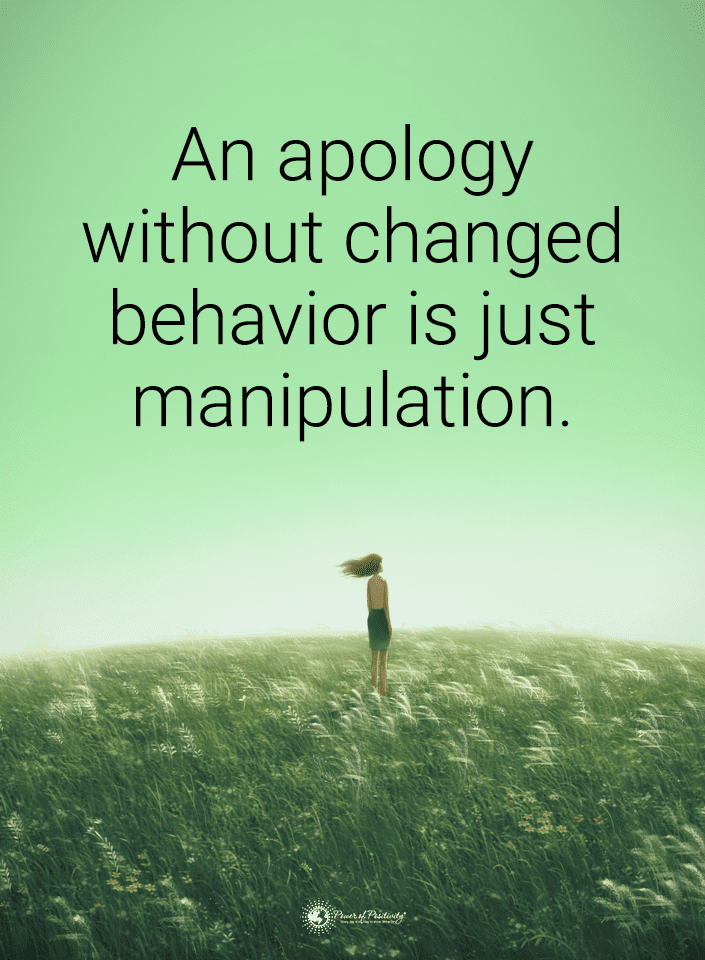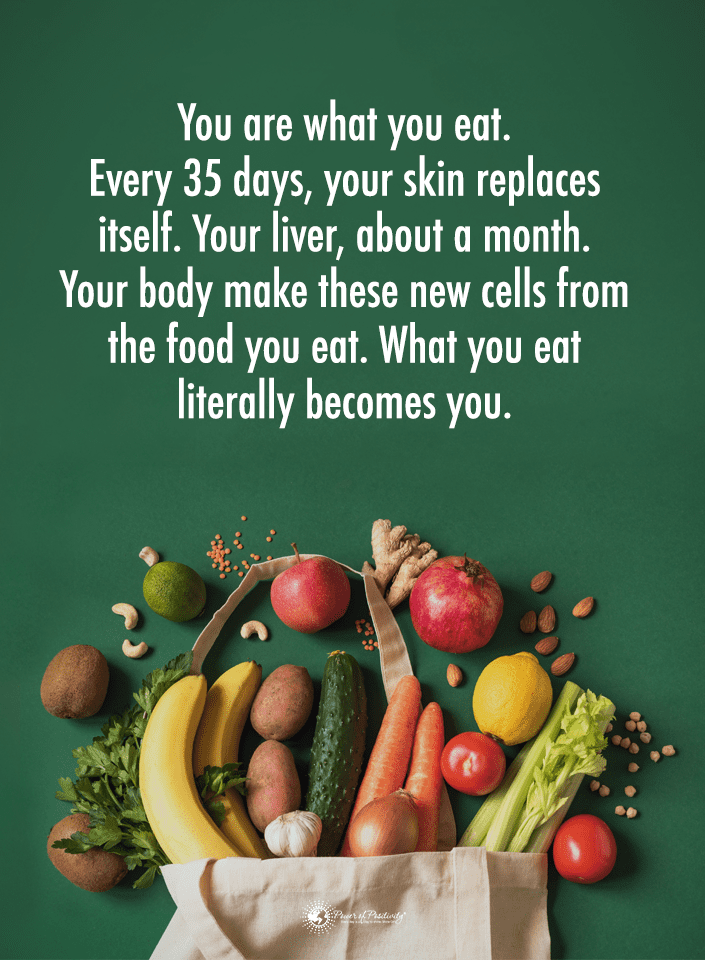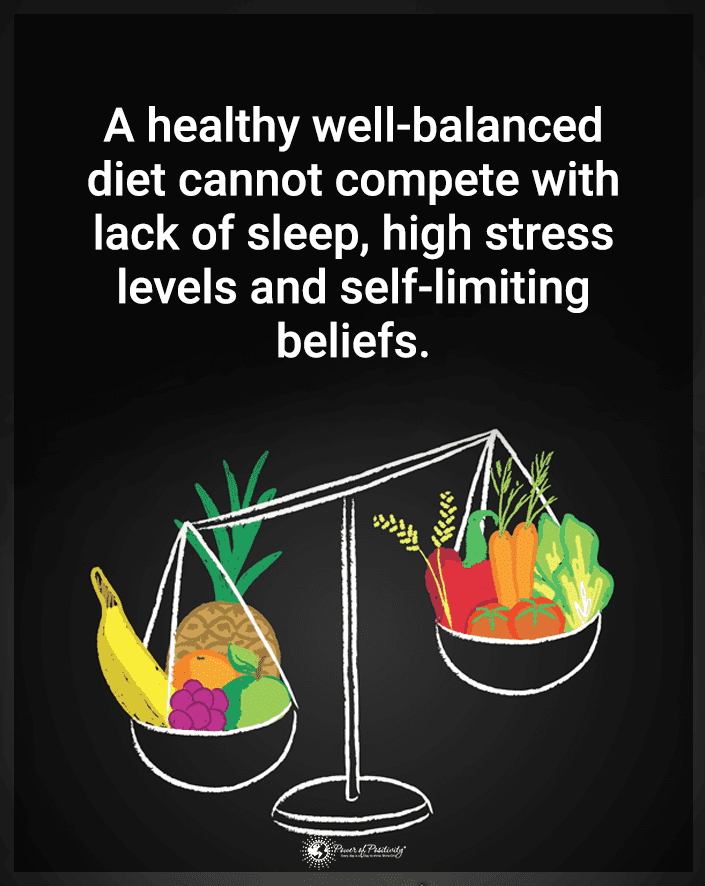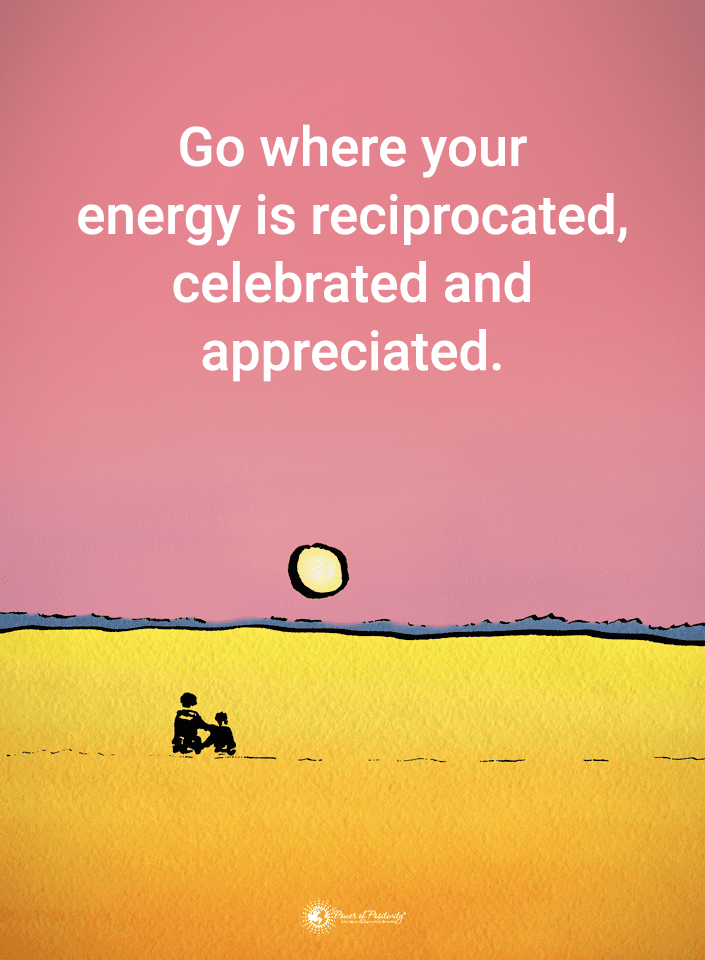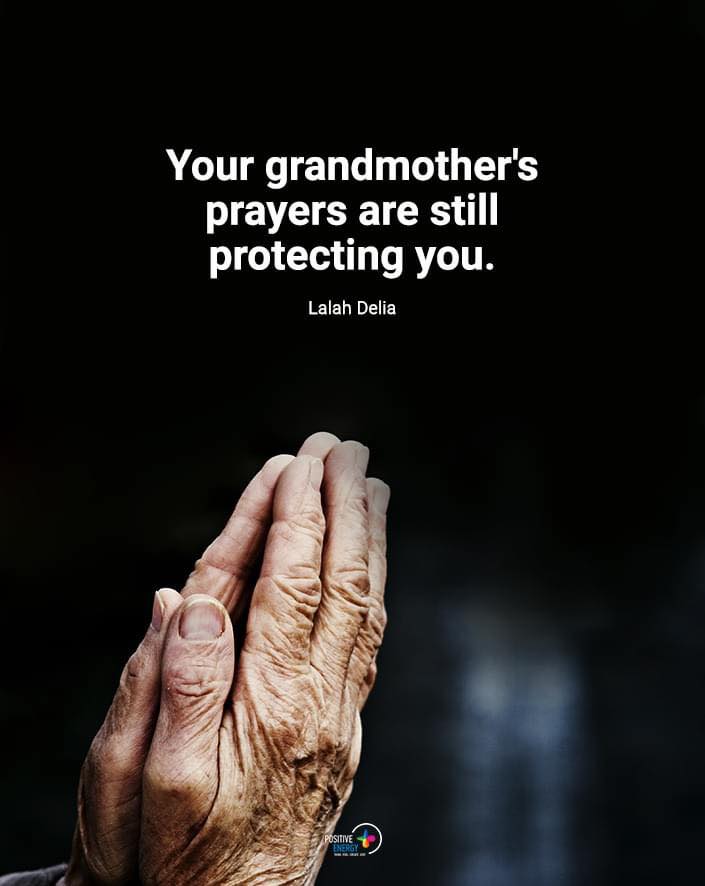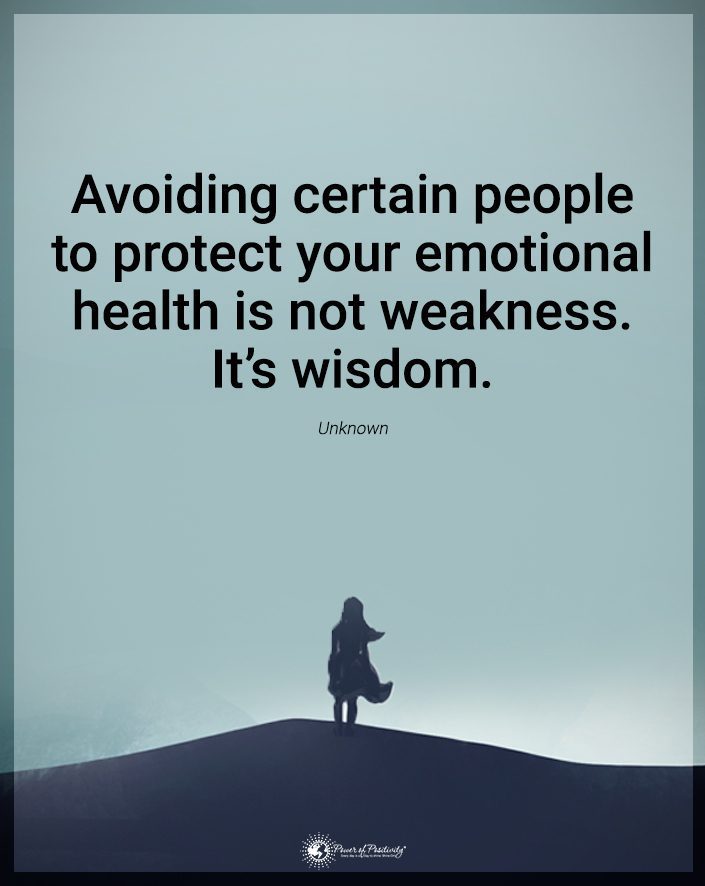Are you trying to muddle through the heartbreak of a divorce? It is critical to understand the stages of divorce to help your heart heal.
While marriage isn’t nearly as revered as it once was, it still holds value. Plus, it’s an important step that couples make. Some people take that step because they love each other and want to build something with their partner. Others rush into it. But that doesn’t change the fact that many people still value the idea of getting married.
The only problem is that divorce rates are higher than ever. And while a divorce is necessary to ensure people do not stay in unhappy or unsafe situations, it doesn’t mean that it does not affect people. After vowing that you’ll be with someone forever, not having them in your life can be hard to imagine. So, going through all the stages of divorce, grief can seem inconceivable.
Divorce symbolizes the loss of your life as you knew it. You end one chapter, and even if you’re preparing to start another, it doesn’t feel like you’re progressing. It feels like you gave up all your happiness, and you will never find it again. When you get divorced, it feels like you are letting go of the love of your life. And even though that’s probably not true, you have no way of knowing that at that moment.
Even if you get divorced for the right reasons, you still experience a loss. True, the person you are divorcing isn’t dead, but they’re out of your life, or they’ll never be in your life like they used to be. So, it’s only natural to go through a period of grief right after a divorce. But how does this grief manifest? And how can you get over it and allow yourself to heal?
The Five Stages of Divorce Grief
Grief goes through the same stages in almost all instances. The only thing that differs is how these stages manifest. But the steps you go through when you lose someone are the same as those you go through after a divorce. While there is no way of comparing these experiences, psychologists still found that you can categorize them differently.
1. Denial
Whenever a life-changing event happens, the first thing you feel is denial. That doesn’t necessarily mean that you refuse to acknowledge the truth, though that might be a part of it. In most cases, you might rationally understand what’s happening but cannot process those emotions. This occurs because the brain often cannot deal with a change that big and that sudden in a short time frame.
So, it denies reality to shield itself from all the grief, anger, and hurt it knows it will have to feel. You have probably gone through this stage, even if you haven’t gone through a divorce. What you think when you are in the denial stage of your divorce is similar to what you’d feel when going through a breakup. A divorce is a breakup but with some added legal steps if you think about it. So, you are probably familiar with how denial feels.
In this stage of the divorce, you’ll keep telling yourself that your partner was not serious about wanting to separate. That they’ll eventually realize divorce is not the answer and come back. Even if you initiated the divorce, you could still go through the denial stage. There’s not much you can do about this stage other than staying rational and letting go of any hope. It will only make you feel worse if you hold on to the idea that your partner might come back, and they don’t.
2. Anger
After a few days or maybe a few weeks, you’ll come to terms with this divorce, and there’s nothing you can do to prevent it. Once you stop being in denial, the most natural next step is to feel anger. You start to realize that your life will fundamentally change, making you mad. This stage can become very pronounced, especially if you have been deceived or lied to by your partner.
Even if anger is not a positive emotion, it’s natural to feel this way. When you get married to someone, you give them all your trust, and you never expect them to turn on you. So, when that divorce happens, your trust gets broken by the person who was supposed to protect you the most. Anger is natural, but you must be careful regarding how you express it.
In this stage, it’s essential to communicate with people who are close to you and can keep you in check. Many people in this stage of divorce turn to destructive behaviors to feel better. Some people turn to drugs and alcohol because they feel betrayed.
You might feel irritation, frustration, and a lot of anxiety. You’ll have many unanswered questions that could haunt you. It would help if you learned to let go of all these worries and always have someone you can talk to when you feel things are getting too harsh.
3. Bargaining
When people reach the bargaining stage, they have let go of their anger but still haven’t let go of hope. Even if you are sure that the divorce will happen, you’ll still try everything to get your life back. Even if divorce is the best thing for both of you, change is something that the brain wants to avoid at all costs.
So, you’ll try to say or do the right thing to get your partner back. You might even make promises you know you can’t keep, hoping you’ll get back together. This stage of divorce is more harmful than people give it credit for. Because of this stage, people accept staying in toxic situations even though they know they deserve better. Parents might bargain to remain married for the sake of their children even if they know it’s a bad idea.
Someone who cheated on their partner might feel guilty and promise never to do it again if forgiven. Some people might even try negotiating with whatever higher being they believe in. Whatever trade they can do, whatever promise they can make, they’ll try to make it. Again, to get past this stage, you need to have a robust support system that can keep you in check.
4. Depression
Naturally, someone going through a divorce will go through a stage of depression at some point. After seeing that anger and bargaining don’t help you, you’ll start to feel the emotional toll of the separation. Ending a marriage is never easy, and it will make you feel sad, lonely, and even isolated. The truth is that, no matter how social you are, once you get married, you start devoting most of your time to that one person.
So, when that person disappears, you can feel like you’re all alone in the world. Depression can also stem from guilt, believing that you didn’t do everything you could to save the marriage. When going through this stage of divorce, you might want to isolate yourself from the world. Simply getting out of bed could feel like too much.
These feelings are valid, and you need to allow yourself to feel them. But the most important thing you need to keep in mind is that you need to communicate how you feel. Don’t push your friends and family away. And if you feel like you can’t talk to them, you could always reach out to a specialist.
5. Acceptance
The fifth stage of divorce is acceptance. This stage won’t hit you suddenly. Instead, acceptance is something that will come in bits and pieces. One day, you’ll wake up and feel better, a little more at peace. That feeling might not last, and on other days you might feel like the world is crashing down.
But there’s one main difference between this stage and the others: you’ve finally come to terms with the fact that the marriage is over. Even though you’ll have ups and downs, you’ll know that you’ll be alright in your heart. In this stage, you will let go of any false hope. You’ll let go of anger and understand that what’s most important is to move forward. You’ll want to get your life back on track.
This could mean going out more, watching what you eat, or working out. It could mean finally finding the power to get out of bed and make sure your house is in order. Slowly, day by day, you’ll get better until your marriage is just a memory. Your heart will heal, and you’ll even find that you’ll allow yourself to fall in love again.

Final Thoughts on the Five Stages of Divorce Grief
The end of a marriage (and most breakups, for that matter) is something that’ll change your life forever. Even if no one dies, you’ll still have to bury your past and start a completely new chapter. The grief you feel when your partner leaves and the grief you feel when you lose a loved one for good are very similar. And it even has the same five stages.
The five stages of a divorce are denial, anger, bargaining, depression, and acceptance. These stages don’t have to come in this order, but they usually do. Either way, you’ll feel all these emotions when coming to terms with your divorce. The most important thing you need to remember is that you need to keep your friends and family close no matter how you feel.
You need to make sure you have a robust support system to ensure you don’t shatter to pieces. When you go through something so traumatic, you can be very vulnerable. Because of this, it’s not uncommon to develop toxic coping mechanisms, like drinking. But when you are surrounded by people you can rely on, you can feel safe. Communicating can become your coping mechanism, and you’ll get through everything healthily.

